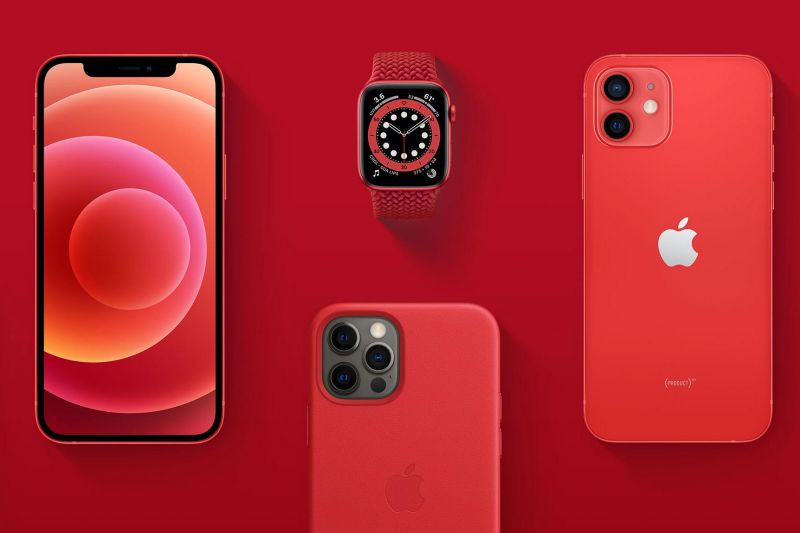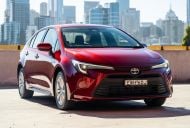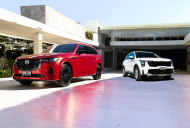Apple’s on-again, off-again car might be back on track.
A new report from Reuters says production for the Silicon Valley giant’s electric car could start in 2024.
The Reuters report also says Apple is developing new lithium-ion battery technology to “radically” reduce battery cost and increase range.
The mooted “monocell” battery pack uses larger cells to free up space, and does away with the pouches and modules holding batteries in conventional electric vehicle lithium-ion units.
Who would build the Apple car isn’t yet clear. The company famously uses contractors such as Foxconn to assemble devices such as the iPhone and iPad, but has never built anything on the same scale as a car.
A number of carmakers use Austrian firm Magna to build their low-volume vehicles, so there is precedent for external contractors assembling cars.
The Jaguar I-Pace, Mercedes-Benz G-Class, BMW Z4, and Toyota Supra are all currently assembled by Magna in Graz, Austria.
Apple could itself build the car, although Tesla’s experience with manufacturing has revealed how tough it is to build cars at scale from essentially a standing start.
However, the team members who spoke with Reuters signalled Apple is quietly confident it can develop a supply chain and manufacturing processes for its vehicle if required.
“If there is one company on the planet that has the resources to do that, it’s probably Apple. But at the same time, it’s not a cellphone,” said a person who worked on Project Titan.
Reuters reports Apple’s existing LiDar sensors, used to aid the cameras and augmented reality functionality on the latest iPhones and iPads, could form the base of the car’s suite of semi-autonomous driver assistance features.
Dubbed Project Titan, the Apple car has been talked about since 2014.
Ex-Tesla engineer Doug Field was recruited in 2018 to lead the project according to Daring Fireball, and in 2019 laid off 190 people as Apple decided to pull back from plans to build a car and instead switched focus to self-driving software.
There remains a risk Apple will step back from its latest automotive plans and once again focus on software, Reuters reports.





